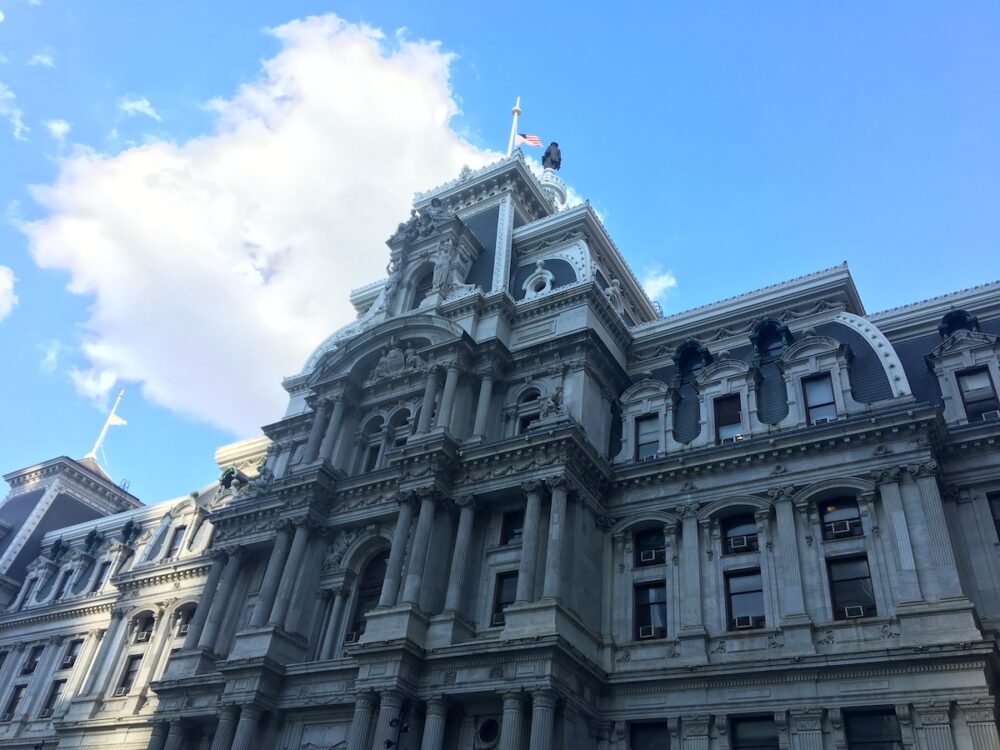After two years of convening and researching, the City of Philadelphia unveiled on Monday its official SmartCityPHL roadmap, a master plan that will help orient what Philadelphia as a “smart city” looks like — and how it should go about getting there in the coming years.
With backing from the Knight Foundation, the Office of Innovation and Technology produced the guiding principles that will lead Philly to combine smart city technologies and its existing resources (from bridges and street lights to innovation programs like StartupPHL) to support the economic, social and environmental goals of a community.
“The SmartCityPHL initiative will allow us to provide better services to all of our residents and prepare Philadelphia to be a city of the future,” Kenney said. “Using our great City’s assets, culture and resources, we will pursue projects that reflect the needs of Philadelphia’s communities.”
As part of the roadmap, Kenney announced the establishment of a 20-person advisory committee comprised of reps from private, public, university and community-based organizations.
“They will be tasked with exploring all the ways that smart city [technologies] will allow us to serve our citizens more efficiently and effectively,” Kenney said, moments before signing the executive order that formally established the committee. “This initiative represents our commitment to being an innovative city of the future.”
Three core strategies guide the 25-page roadmap: building a policy and infrastructure foundation, creating a process for engagement and partnership, and supporting the implementation of projects and programs with funding.
Philly CIO Mark Wheeler highlighted the work of SmartCity PHL overseer Ellen Hwang in seeking out national examples of smart cities doing it right and engaging the stakeholders needed to establish the guiding values.
The City’s proposal reads like a thorough master plan that might give hope even to the biggest skeptics and sets up a path toward long-term transformation. But perhaps these two could be the roadmap’s key accomplishments:
- The proposal embodies the articulation of multiple short-term pushes we’ve seen previously from OIT in the smart city realm, but its framing is focused on the long run, both in the way committees are structured — with a combination of public and private stakeholders — and in its assumption that, in order for things to actually get done, funding will almost surely need to come from multiple sources.
- After spending time researching where other cities are on their plans, there’s an understanding that simply replicating other success stories here will be a waste of resources, and that the way solutions are deployed must be with citizens’ needs in mind.
“Smart city programs need to be locally inspired,” Wheeler said. “Singapore and Kansas City may be doing great innovative things, but we can’t just pick up what they’re doing wholesale and drop it here in Philadelphia. We need to pursue solutions that fulfill the needs of Philadelphias and use our unique assets and resources.”
So, what’s next? Two proposed projects look interesting from the start: a multi-lingual voice platform being piloted as part of the SmartCityPHL initiative that looks to ease access to City services for bilingual residents, and an upcoming call for solutions called “Pitch+Pilot” that would let the city begin the rapid deployment of solutions that answer to citizens’ needs.







